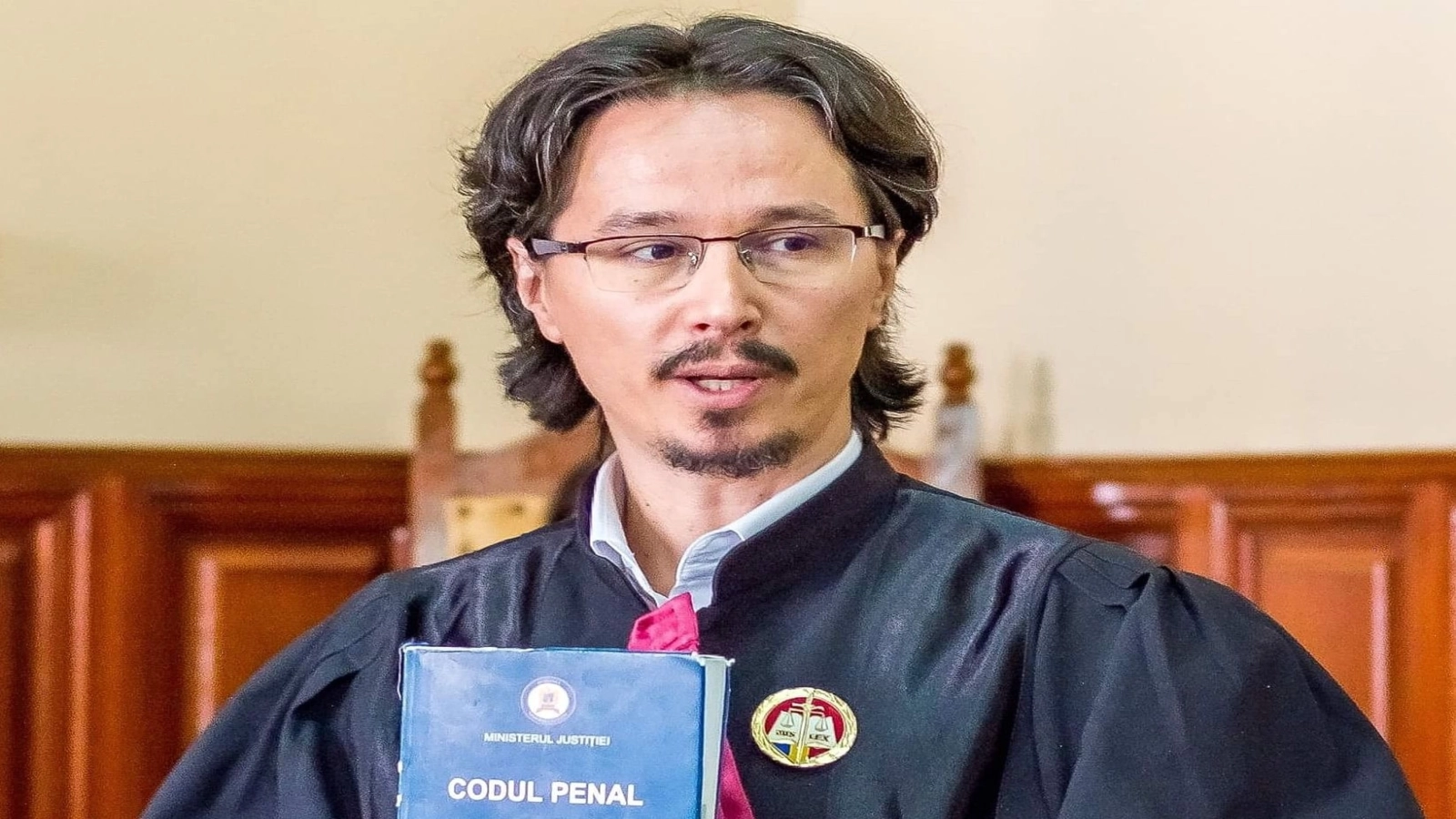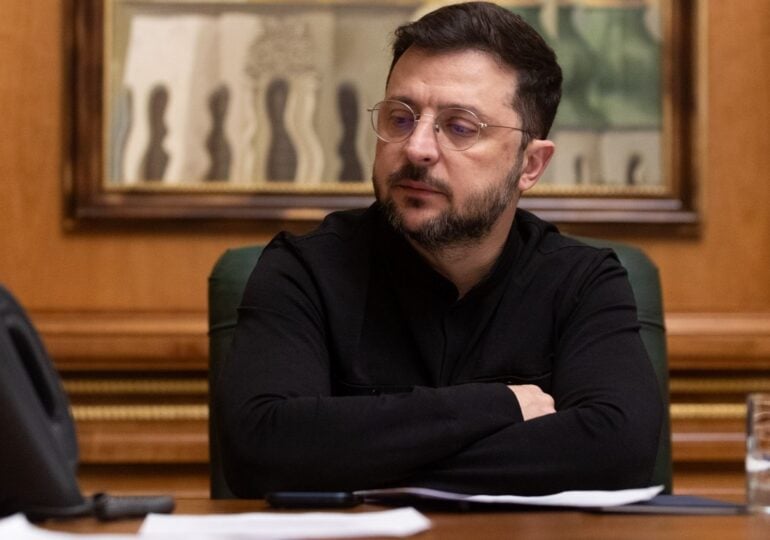- Motto: „Exercising the office of judge is a duty to the community. And the way it is served must be marked by professionalism. Judges are the elite of the legal world and even of society. Bangalore standards recommend a certain type of behaviour for a magistrate, valid both in and out of the judiciary. The standards are high and they correspond to the noble profession that the judge has, to the granted power that is unmatched. By promoting and maintaining these standards of conduct, the magistrates themselves contribute to strengthening the public's trust in the judiciary, which ensures the continued independence of the justice system and its unwavering authority.” - Cristi Danileţ, Judge, December 2009, Ethics and Judicial Ethics Trainer - Foreword - Bangalore Standards (translation and adaptation).
Instead of the introduction, we briefly mention the fact that the exclusion from the magistracy of the Cluj judge Cristi Danileț caused a storm on the social networks, especially among the USR supporters. This fact confirms two essential things: the fact that USR has magistrates with whom it sympathizes excessively, which until now was only a suspicion, because the justice system should not have much to do with politics, and on the other hand it comes to confirm the popularity of the judge on social media. It would have been interesting to see the litigants mourn his situation, but considering that Mr. Danileț spends more of his time on Facebook, it is somewhat normal.
Because we have an ex-military prime minister, the USR quickly adapted to the new approach and activated a kind of NATO Article 5 (an attack on an ally is considered an attack on all) starting to erupt from smallest to the most prominent member, each being more and more argumentative and specialised in law, regarding the grave injustice that has been done to the independent judge, with which they have nothing to do, but to which their principles force them to react.
And as the American philosopher Eric Hoffer put it very well - "We lie the loudest when we lie to ourselves", the public defence and victimization propaganda began to build timidly, but with determination. First of all, they offered to the public the class enemies: the judges from the SCM (attention, only those who voted the vile injustice), the Judicial Inspection, the Ministry of Justice, the Government, PSD, PNL, CCR in some places and, of course, Klaus Iohannis. This step is essential, because arguments would be invented in vain if you do not know whom to blame.
We will not analyse all the arguments, but one seems to prevail: the fact that the judge was expelled from the judiciary for two videos on TikTok. We all know the videos and, probably, there are more, because Mr. Danileț has delighted us over the years with many funny moments. What Mr. Danileț did not understand is that we did not watch his videos because they were funny, but because it was indeed humorous to see a judge doing such tricks. Returning to the argument of exclusion for two trivial videos, any quick check, even on Google - and I say this because many journalists have fallen into this trap - could elucidate an obvious fact: the judge was sanctioned for drifting from the required conduct imposed on magistrates. And the sanction is even permanently maintained by the HCCJ.
It is obvious that we are dealing with a magistrate who is already at his second offense, and the sanctions, as most of us know, are being applied gradually.
Cristi Danileț was also sanctioned with a 5% dock in pay for two months for posts on social networks, in which he supported the need for an armed coup. The sanction was maintained by the HCCJ by Decision 62 / 18.05.2020. The judges of the High Court of Cassation and Justice analysed in harsh terms the conduct of Judge Danileț on social networks:
- "We find relevant, from the perspective of disciplinary misconduct, the fact that, through the message that reached the public and showed interest in the online media, the judge expressed a personal opinion that questions the credibility of state institutions, including institutions of the judiciary system, and by which it proposes a solution that cannot be considered adequate to the public exposure of a judge. "
- "The appellant tends to minimize his conduct (...)."
- “On the other hand, it cannot be ignored that, during the disciplinary procedure, the magistrate specified that, since 2003, he has had regular appearances and interventions in the public space on issues related to justice, being the most read judge in south-eastern Europe for the last 5 years, and his posts are highly appreciated by the over 50,000 followers of his x account. At the same time, as noted by the disciplinary court, the magistrate himself stated that he felt the need to express his opinion publicly regarding the appointment of the Chief of Staff of the Romanian Army, in the context of the public space debates on the matter, his intent being to attract the citizen’s attention in terms of the constitutional importance of the subject.
- In this respect, it was well-founded that, under the conditions set out and for the arguments above, a dissociation between the right to free expression of the citizen and the restricted right to free expression of the magistrate cannot be achieved in the same person, with the consequence of disciplinary liability.
- Consequently, it is noted that the opinions expressed by the defendant in the public space, the concrete way of presentation and the language used are manifestations contrary to the dignity of the office, likely to harm the impartiality and prestige of justice, by violating the reserve obligation attached to the office, thus constituting the material element of the object matter regarding the analysed disciplinary violation.
- Contrary to the appellant's assertions, in full agreement with the disciplinary court, it is noted that the consequence of the act is to damage the public's trust and respect for the office of magistrate, with the consequence of damaging the image of justice as a system and service in defending the rule of law.
- The fact that the disciplinary court did not apply the lightest disciplinary sanction - the warning - but the second sanction as severity in the order provided by art. 100 of Law no. 303/2004, is justified by the following arguments, correctly retained in the contested judgment, namely: (i) the direct and immediate consequences of the act have had the effect of undermining the image and prestige of justice system, which is one of the fundamental pillars of the rule of law; (ii) the conduct of the defendant was such as to generate public suspicion regarding the magistrate's compliance with the obligations related to his status; (iii) the language used exceeds the limits imposed by the decency and probity of the judge; (iv) the misconduct of the magistrate undermines the image and prestige of justice - in terms of authority and the appearance of impartiality - by departing from the standard of "diligent magistrate", who acts with care in the public interest in the administration of justice and the defence of general interests of the society and which subordinates it’s conduct to the specific exigencies of the professional duties and the deontological norms.”
- “Without denying the appellant's rich professional experience, the criticisms in the appeal are not capable of overturning any of the arguments taken into account in individualizing the disciplinary sanction. In the context in which the inappropriate conduct of the magistrate was received and reflected negatively in the public space, as it is evident from the exposition of the factual situation from point II.A of this decision, and the judge is acting as an opinion maker, as is clear from his position as one of the most widely read judges in south-eastern Europe, the harm done to justice by the facts described cannot justify the application of the slightest disciplinary action.”
































Comentează